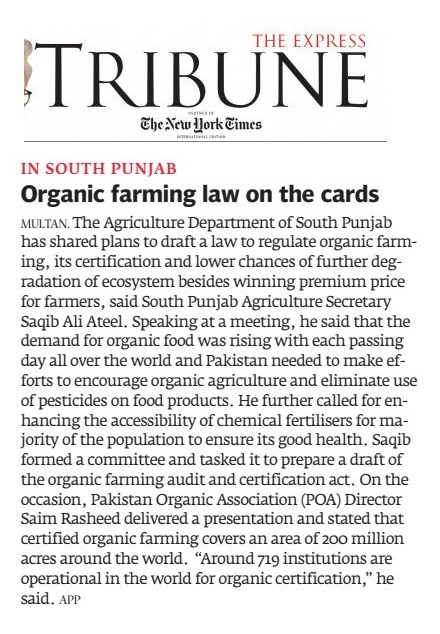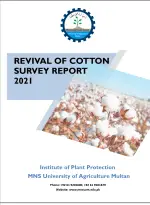Organic Products Can Get Premium While Helping Environment and Human Health!
Organic products have become mainstream, especially during COVID-19 and afterward. More than a 100 billion dollars market of organic products has recorded 300% growth during the period.
Whether you like it or not, people realize the importance of organic products and are ready to pay a heavy premium. However, organic farming is laborious, costlier, and highly risky while facing abrupt climate changes.
Despite all these problems, the preference for organic products is increasing. There are some significant concerns of the people preferring organic products over conventional ones.
First, synthetic chemicals on crops enter cereals, fruit, and vegetables. Our bodies can’t consume them, so they cancer and many other diseases. The organic preferers want to save their health.
Second, synthetic chemicals have destroyed the ecosystem and many insects, birds, and other fauna. The organic preferers want to contribute to restoring nature.
The organic farming industry is adding more money, effort, and land to meet the escalating demand for organic food. According to FiBL-IFOAM-SOEL-Survey 1999-2019, in 1999, only 11 million hectares were under organic food, which has increased to 75 million hectares.
Yet, only 1-2% of farmers have shifted towards organic farming. The rest follow conventional farming practices due to lack of information and non-availability of some substitution to manage harmful pests.
It is not easier to shift to organic farming suddenly. However, we have good news for the farming community the road to organic products passes through integrated pest and nutrition management. We are experiencing this phenomenon while working on the IPM program on cotton crop 2021 in South Punjab, Pakistan.
The results are heartening!
This video is from one of such 125 demonstration cotton fields. In this cotton field, no insecticide has been used while adopting a mixture of organic and convention farming practices.
On this website, we share our experiences and invite experts to give their opinions on organic farming, product handling, food safety, market reach, supply chain, and other related issues on this website.

You are welcome to participate in the discussion on any page. Spend some time here, and you will benefit somewhat. Start from the left-side navigation and the links scattered on different pages. You can also raise questions and give your opinions.
Best of Luck!
Saqib Ali Ateel,
MPM, NUS Singapore & Harvard, USA
Join Our Email List Below!
What's New?
-
Not just a casual observer!
I am a 73-year-old man who has learned through observation (repeatedly) over many years that all man made chemicals (synthetic) are not for health but -
How to use tobacco leaves as an insecticide in organic farming?
Tobacco leaves contain many chemicals having insecticidal properties, including tomentosa, tomestosiformis, otophora, setchellii, glutinosa and kawakamii. -
IPM on Cotton Survey Review
IPM can be for a crop, a pest or an area. This IPM is on cotton in geographical limits of south Punjab. My review



